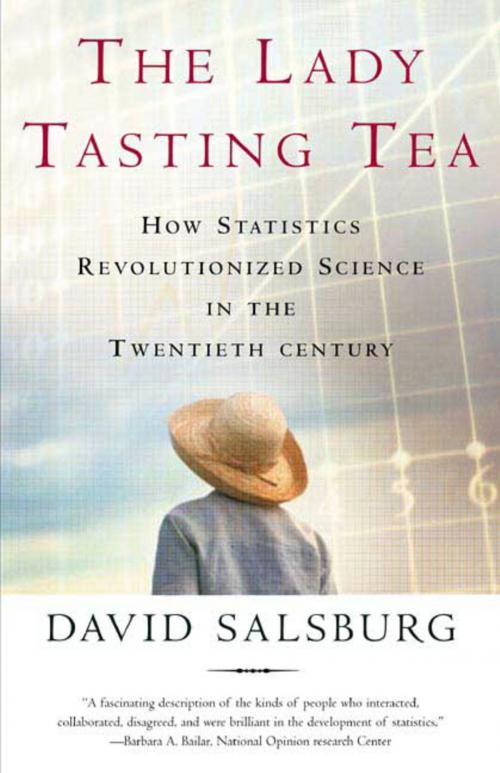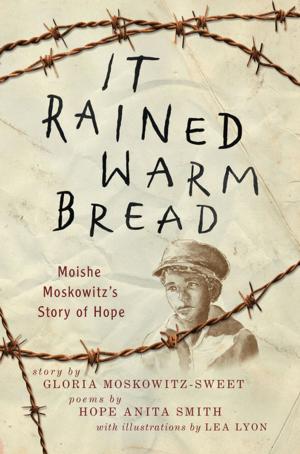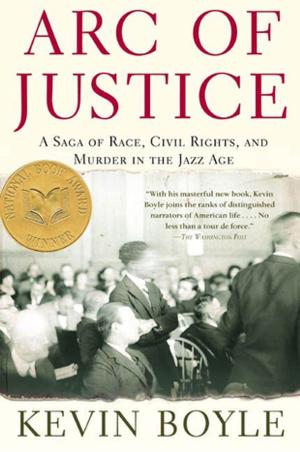The Lady Tasting Tea
How Statistics Revolutionized Science in the Twentieth Century
Nonfiction, Science & Nature, Mathematics, History, Statistics| Author: | David Salsburg | ISBN: | 9781466801783 |
| Publisher: | Henry Holt and Co. | Publication: | May 1, 2002 |
| Imprint: | Henry Holt and Co. | Language: | English |
| Author: | David Salsburg |
| ISBN: | 9781466801783 |
| Publisher: | Henry Holt and Co. |
| Publication: | May 1, 2002 |
| Imprint: | Henry Holt and Co. |
| Language: | English |
At a summer tea party in Cambridge, England, a lady states that tea poured into milk tastes differently than that of milk poured into tea. Her notion is shouted down by the scientific minds of the group. But one guest, by the name Ronald Aylmer Fisher, proposes to scientifically test the lady's hypothesis. There was no better person to conduct such a test. For Fisher had brought to the field of statistics an emphasis on controlling the methods for obtaining data and the importance of interpretation. He knew that how the data was gathered and applied was as important as the data themselves.
In The Lady Tasting Tea, readers will encounter not only Ronald Fisher's theories (and their repercussions), but the ideas of dozens of men and women whose revolutionary work affects our everyday lives. Writing with verve and wit, author David Salsburg traces the rise and fall of Karl Pearson's theories, explores W. Edwards Deming's statistical methods of quality control (which rebuilt postwar Japan's economy), and relates the story of Stella Cunliff's early work on the capacity of small beer casks at the Guinness brewing factory.
The Lady Tasting Tea is not a book of dry facts and figures, but the history of great individuals who dared to look at the world in a new way.
At a summer tea party in Cambridge, England, a lady states that tea poured into milk tastes differently than that of milk poured into tea. Her notion is shouted down by the scientific minds of the group. But one guest, by the name Ronald Aylmer Fisher, proposes to scientifically test the lady's hypothesis. There was no better person to conduct such a test. For Fisher had brought to the field of statistics an emphasis on controlling the methods for obtaining data and the importance of interpretation. He knew that how the data was gathered and applied was as important as the data themselves.
In The Lady Tasting Tea, readers will encounter not only Ronald Fisher's theories (and their repercussions), but the ideas of dozens of men and women whose revolutionary work affects our everyday lives. Writing with verve and wit, author David Salsburg traces the rise and fall of Karl Pearson's theories, explores W. Edwards Deming's statistical methods of quality control (which rebuilt postwar Japan's economy), and relates the story of Stella Cunliff's early work on the capacity of small beer casks at the Guinness brewing factory.
The Lady Tasting Tea is not a book of dry facts and figures, but the history of great individuals who dared to look at the world in a new way.















